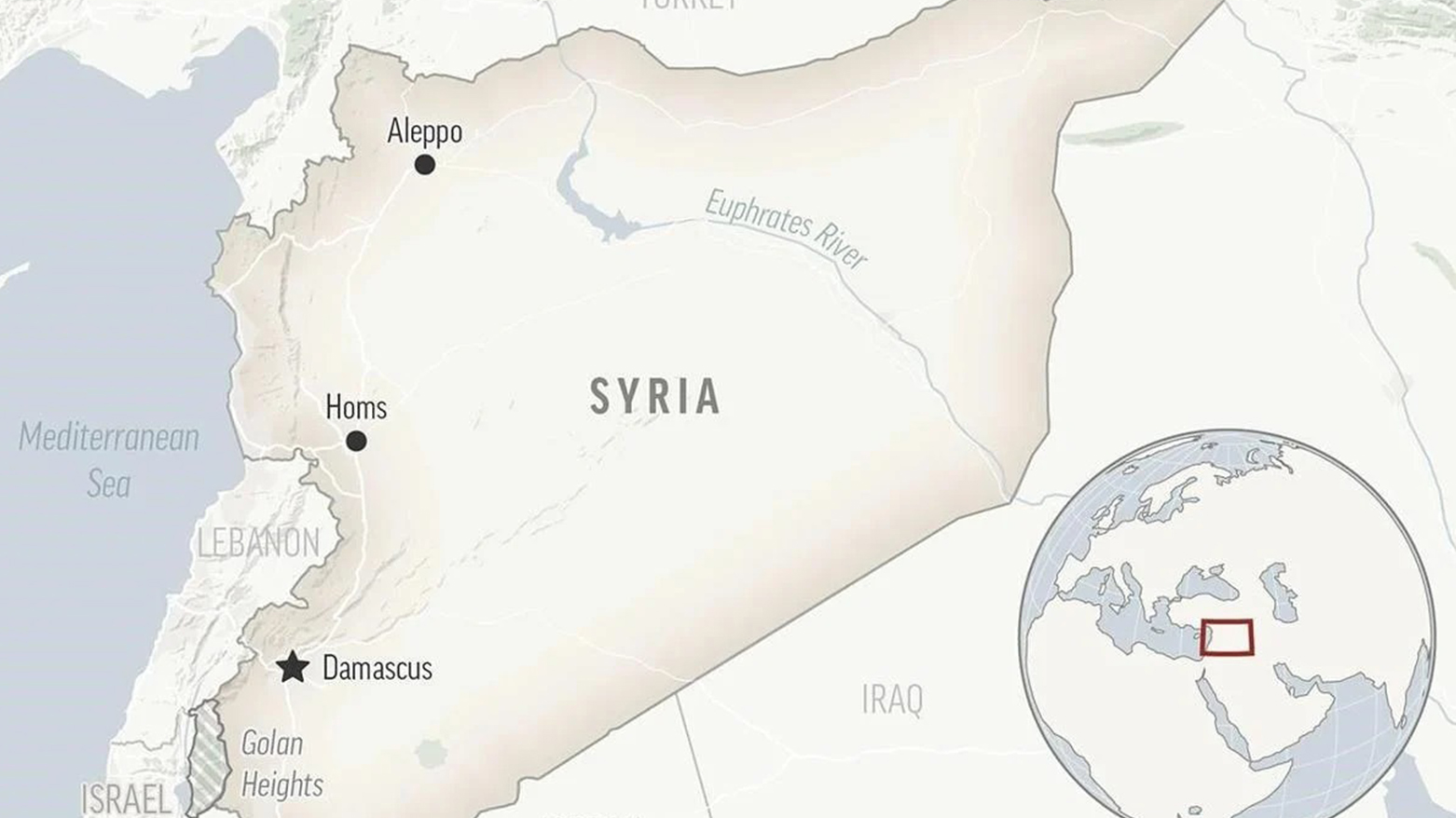UN-backed commission says 30,000 children are suffering rights abuses in northeastern Syria

GENEVA (AP) — Five years after the Islamic State group lost the last sliver of land it controlled in Syria, nearly 30,000 children of militants and their supporters of various nationalities are suffering abuse in camps, prisons and rehabilitation centers in the war-torn country’s northwest, a U.N.-backed commission said Monday.
The Independent International Commission of Inquiry on Syria said most of the children were brought by their parents to parts of Syria and Iraq after the extremists declared a caliphate there in 2014, and it urged all countries with children in Syria to repatriate them and integrate them into their societies.
The largest number of children are staying at al-Hol Camp, which is housing tens of thousands of people, mostly wives and children of IS fighters as well as supporters of the militant group. A smaller number of children are staying at Roj Camp, while teenage boys are kept in jails and rehabilitation run by the U.S.-backed Kurdish-led Syrian Democratic Forces.
“These children were already victimized during ISIL’s rule, only to be subjected to years of continued human rights violations and abuses,” Commissioner Lynn Welchman said, using an acronym to refer to IS.
The commission said it has concluded that living conditions in heavily guarded al-Hol and Roj camps “amount to cruel and inhuman treatment and outrages on personal dignity.”
Roj is home to some 3,000 people, including Shamima Begum, who is now 24, and was 15 when she and two other girls fled from London in February 2015 to marry IS fighters in Syria. Begum married a Dutch man fighting for IS and had three children, who all died.
Last month, Begum lost her appeal against the British government’s decision to revoke her U.K. citizenship, with judges saying that it wasn’t for them to rule on whether it was “harsh” to do so.
At al-Hol Camp, that is in a town that carries the same name near the Iraqi borders, mostly former Soviet Republics and Iraq have been active in repatriating their citizens.
The facility was once home to 73,000 people, the vast majority of them Syrians and Iraqis. Over the past few years, the population dropped to nearly 45,000 as some countries have repatriated their citizens said Sheikhmous Ahmad, a Kurdish official overseeing camps for displaced in northeastern Syria.
Citizens from other nationalities live in a part of the camp known as the Annex, considered the home of the most die-hard IS supporters, many of whom came to Syria and Iraq starting in 2014.
“Regrettably a small percentage of foreign countries are repatriating their citizens,” Ahmad said. He added that some 600 Iraqi citizens were repatriated last week.
In February, the SDF concluded a dayslong security operation at al-Hol during which they detained 85 people, captured weapons and freed a Yazidi woman who was raped and forced to marry IS fighters.
“These children were all only 12 years old or younger at the time of ISIL’s rule - what crimes could possibly justify their continued detention? End the inertia, now,” Welchman said.
